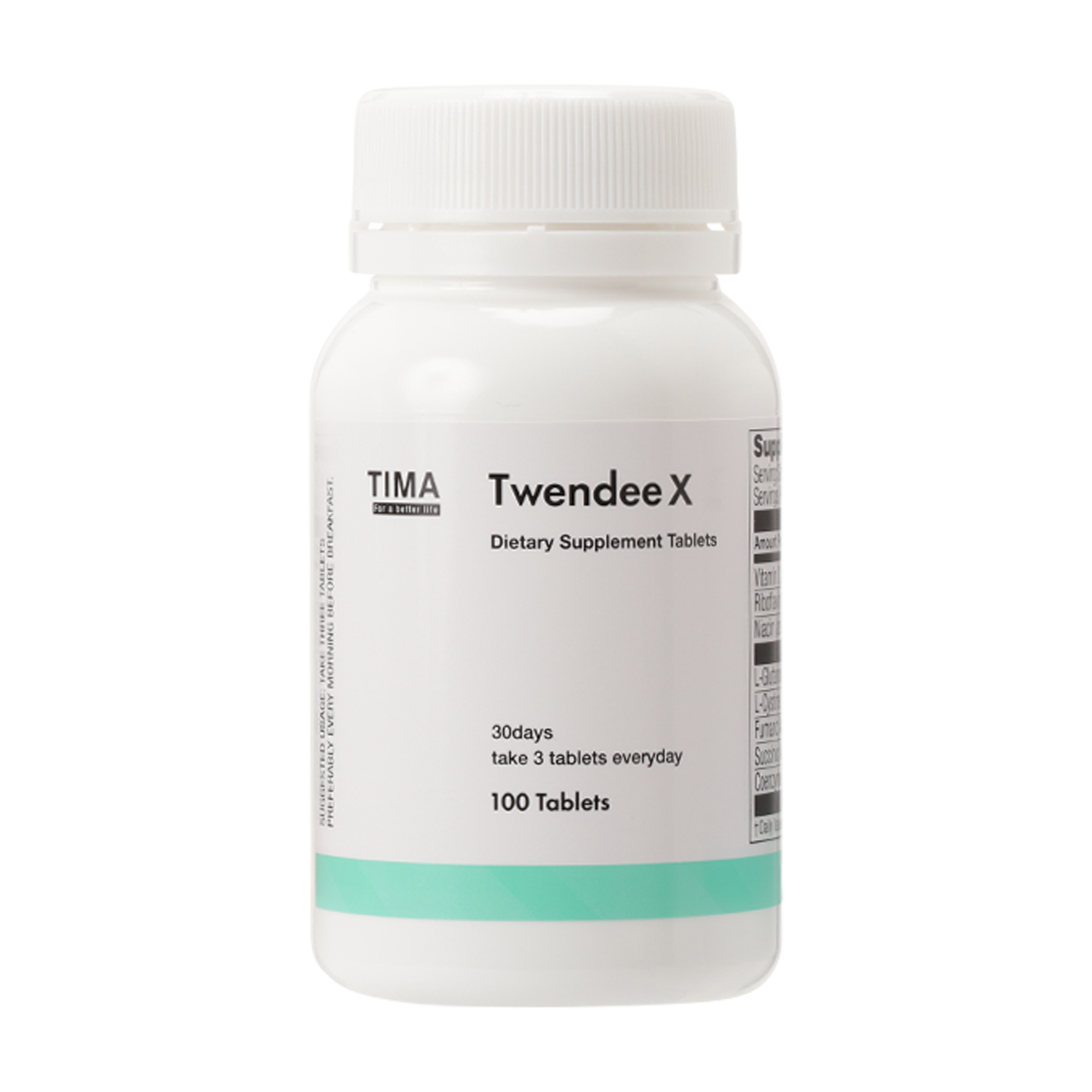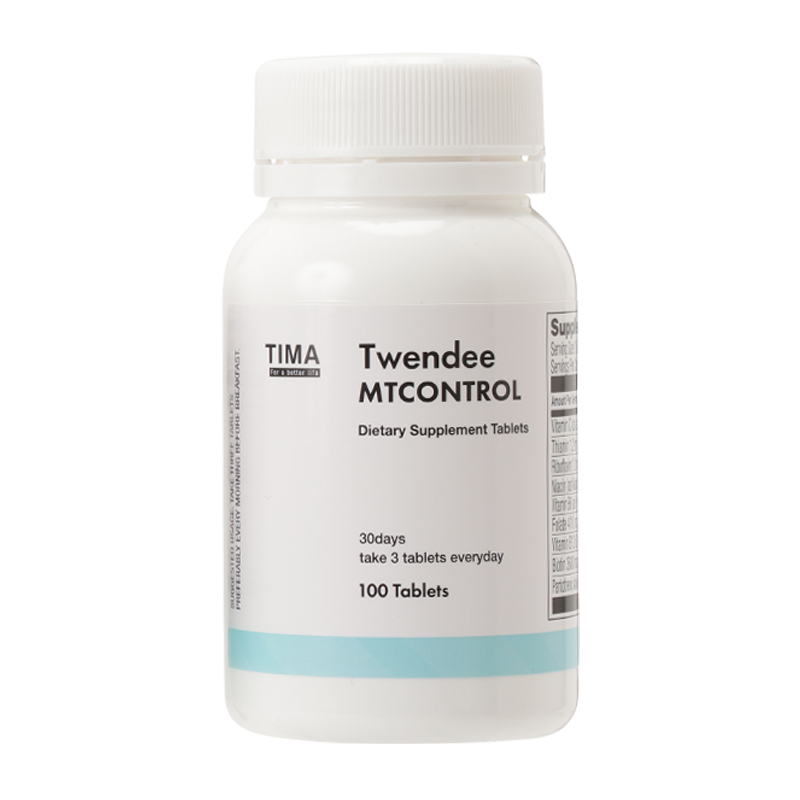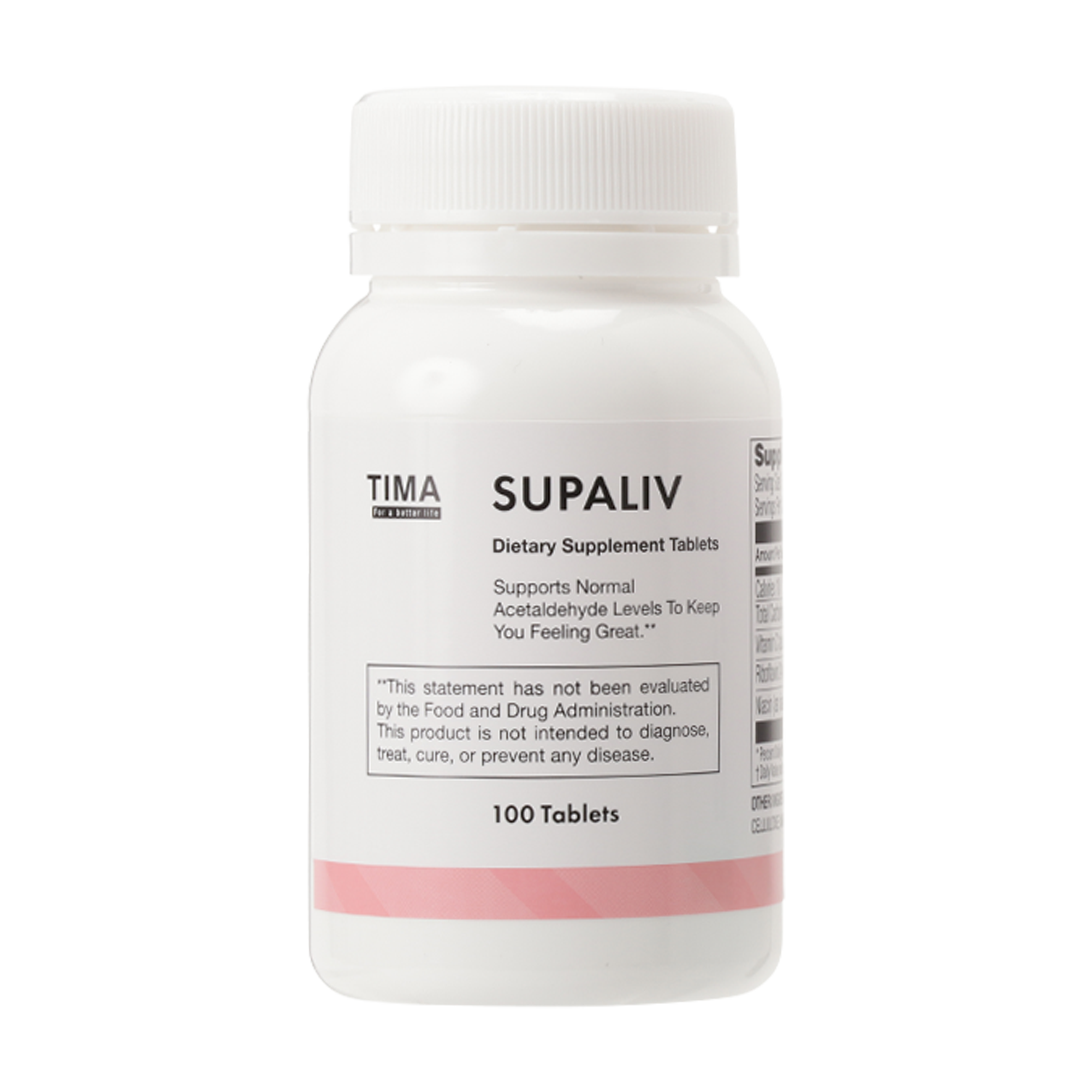Thesis on Oxidative Stress and "liver disease"
- Paper title
- Oxidative stress is bane in chronic liver diseases: Clinical and experimental perspective.
- Abstract summary
- Oxidative stress plays an important role in the pathogenesis of various chronic liver diseases.
- Authors
- Devaraj Ezhilarasan
- Journal
- Arab journal of gastroenterology : the official publication of the Pan-Arab Association of Gastroenterology
- Semantic Scholar URL
- https://semanticscholar.org/paper/5431897b15b940509970258e9885f015033716fd
- Abstract
-
Oxidative stress plays an important role in the pathogenesis of various chronic liver diseases (CLD) and increasing evidence have confirmed the contributory role of oxidative stress in the pathogenesis of drugs and chemical-induced CLD. Chronic liver injury is manifested as necrosis, cholestasis, fibrosis, and cirrhosis. Chronic administration of anti-tubercular, anti-retroviral, immunosuppressive drugs is reported to induce free radical generation during their biotransformation in the liver. Further, these reactive intermediates are said to induce profibrogenic cytokines, several inflammatory markers, collagen synthesis during the progression of hepatic fibrosis. Oxidative stress and free radicals are reported to induce activation and proliferation of hepatic stellate cells in the injured liver leading to the progression of CLD. Hence, to counteract or to scavenge these reactive intermediates, several plant-derived antioxidant principles have been effectively employed against oxidative stress and came out with promising results in human and experimental models of CLD. This review summarizes the relationships between oxidative stress and different liver pathogenesis induced by drugs and xenobiotics, focusing upon different chronic liver injury induced by alcohol, antitubercular drugs and hyperactivity of antiretroviral drugs in HIV patients, viral hepatitis infection induced oxidative stress.








